|
Are your cleaning products “green”?
Check out the Green Seal’s certified directory of products and services that are safer for people and the planet: https://certified.greenseal.org/directory Or use these simple recipes for basic cleaning products: https://womensvoices.org/.../gree.../green-cleaning-recipes/ https://moderncastle.com/.../12-natural-cleaning-recipes.../ Do you have any favorite “green” products that you use or do you make your own? Let us know!
0 Comments
All parts of Mother Earth deserve protection, including rivers, water ecosystems, and all who depend upon them for their lives and livelihoods.
You can help protect rivers by advocating for the adoption of the Universal Declaration of the Rights of Rivers in your country’s laws and ensuring its adoption results in the vital protections it guarantees. During this Season of Creation, given the alarming degradation of rivers globally and the resulting harm to the climate, wildlife, public health, and local economies, we encourage you to sign the Universal Declaration of the Rights of Rivers. One of the seven goals of the Laudato Si' Action Platform is "ecological education." How can we teach about ecology and care of the Earth?
"Called "the coolest summer camp in Louisville," Camp Odyssey at the Passionist Earth and Spirit Center in Louisville, immerses children entering grades 1-6 in the three main aspects of the Earth & Spirit Center mission: spiritual practice, compassion for others, and connection to the Earth. As they explore the woodlands and meadows of our 27-acre nature sanctuary, work and play with our artists, garden and environmental educators, chefs, yoga and meditation instructors, and musicians, kids come to understand how ecosystems work, where their food comes from, and how to be more mindful and compassionate toward themselves, others, and their surroundings. " Read more and explore Camp Odyssey https://www.earthandspiritcenter.org/class/camp-odyssey-summer-camp-series/ Merely technical solutions run the risk of addressing symptoms and not the more serious underlying problems. There is a need to respect the rights of peoples and cultures, and to appreciate that the development of a social group presupposes an historical process which takes place within a cultural context and demands the constant and active involvement of local people from within their proper culture. Nor can the notion of the quality of life be imposed from without, for quality of life must be understood within the world of symbols and customs proper to each human group. Laudato Si', Pope Francis, 2015, Chapter 4, #144. 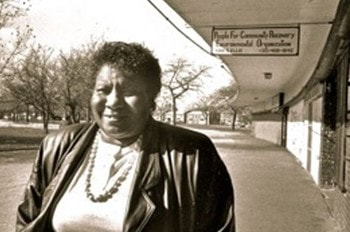 Johnson stands outside the office of People for Community Recovery, the organization she founded in 1979. (Courtesy of People for Community Recovery) Johnson stands outside the office of People for Community Recovery, the organization she founded in 1979. (Courtesy of People for Community Recovery) Are there connections between systemic racism and environmental threats and degradation? In Lessons for Catholics from the life of Hazel Johnson, Mother of environmental justice," National Catholic Reporter's EarthBeat marked the end of Black History Month with a profile of Hazel Johnson, a Black woman who left an indelible mark on national environmental policy while remaining deeply rooted in Altgeld Gardens, the southeast Chicago neighborhood where she spent her life fighting polluters. Johnson, who died in January 2011, is considered the mother of the U.S. environmental justice movement. She is known for her relentless battle against the evil that surrounded her neighborhood in the form of toxic dumps, lead paint and other pollution that sickened her neighbors and shortened their lives. That is why someone said at a recent meeting (on Zoom of course) that we are not working to protect the planet “in order to maintain the lifestyle that we have” but to “create a system and a society where it is possible to live with integrity”. 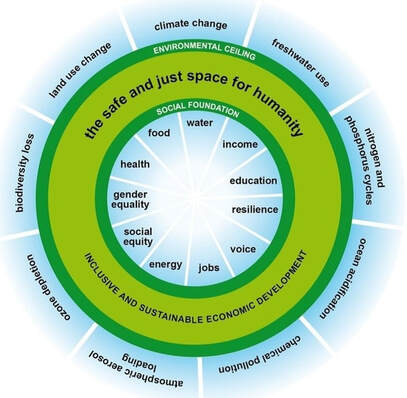 From Kate Raworth’s ‘Doughnut Economics’. From Kate Raworth’s ‘Doughnut Economics’. The human race needs to live in the green space in the ‘donut’, above the social floor or ‘foundation’, but within environmental limits or ‘ceiling’ [The author invites your opinion on this post. Contact him at [email protected] ] Image: iStock Read Martin Newell's full post here
|
Categories
All
|


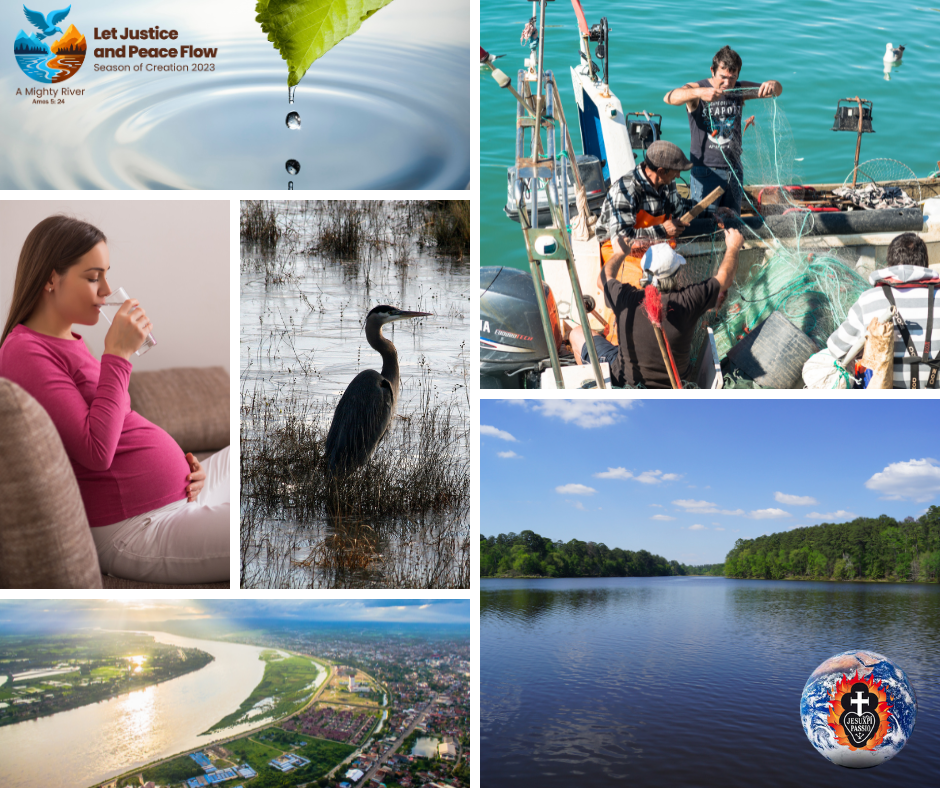
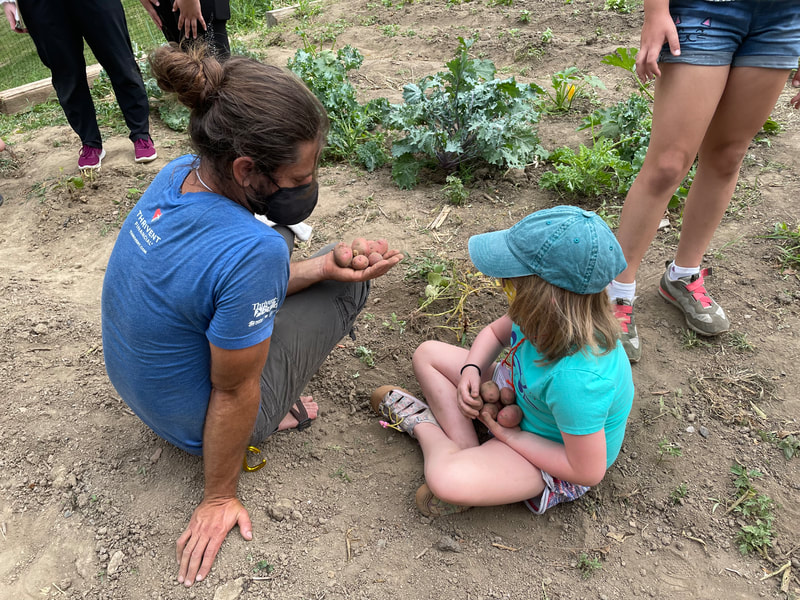
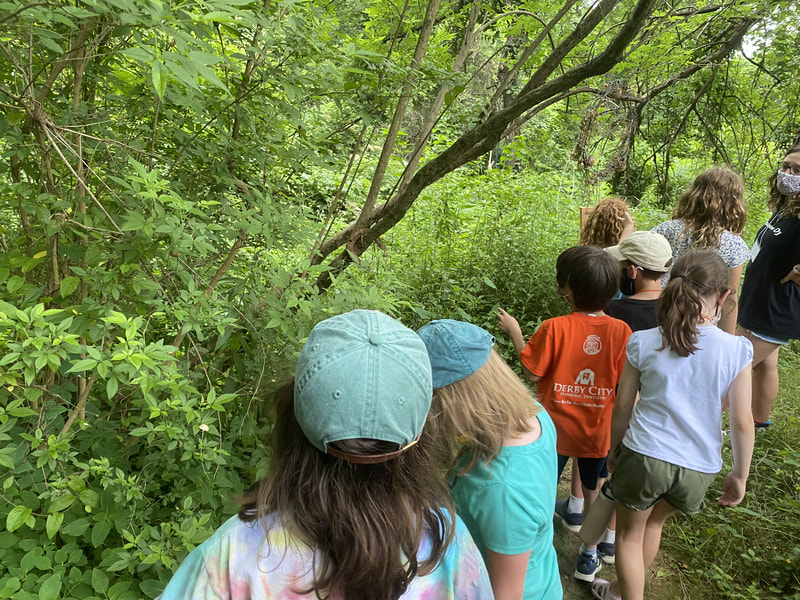
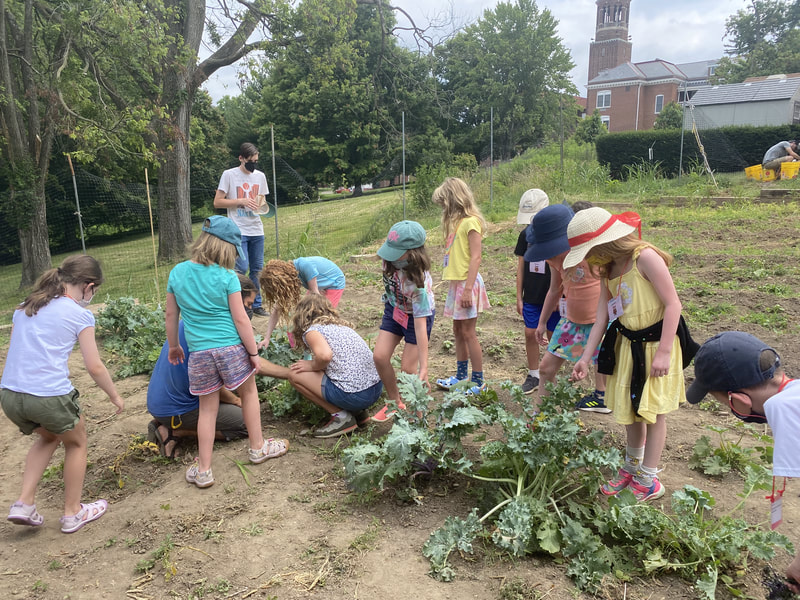
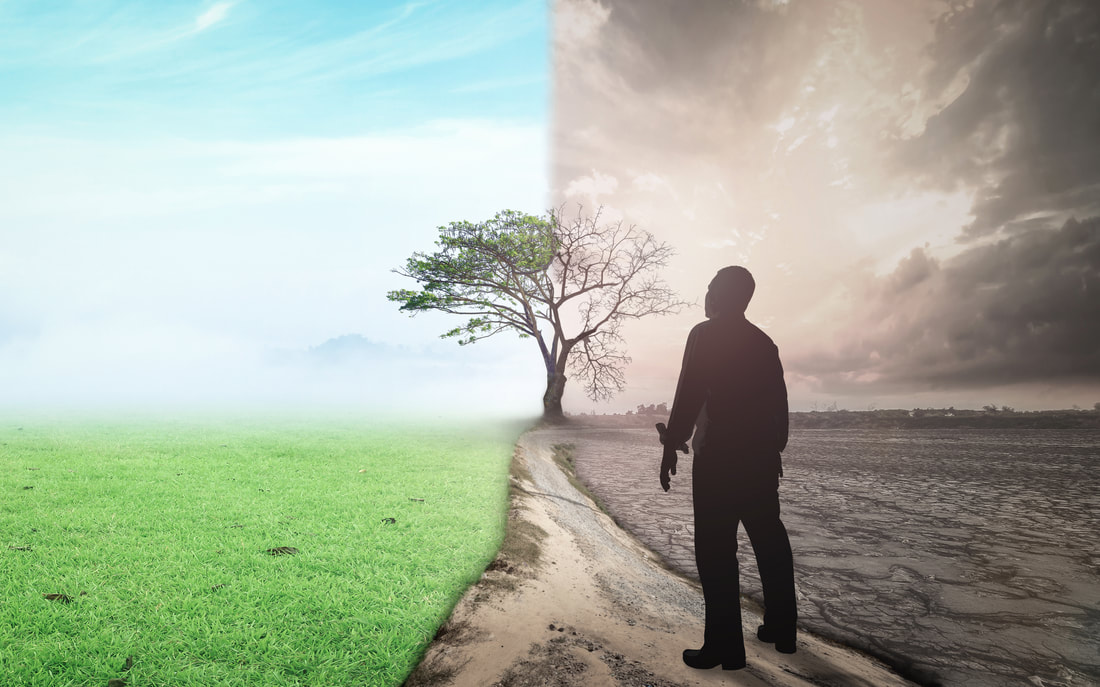
 RSS Feed
RSS Feed